No Results Found
The page you requested could not be found. Try refining your search, or use the navigation above to locate the post.

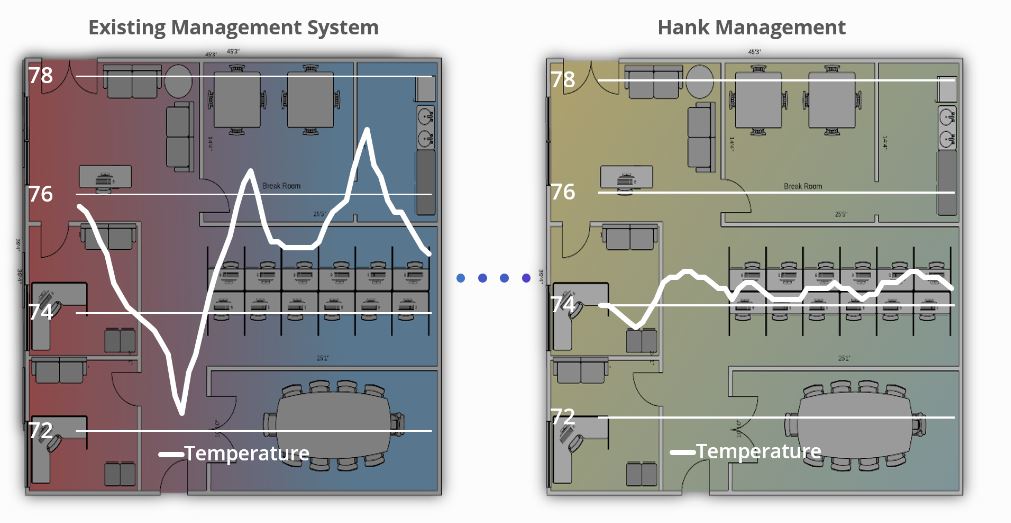
Our guest Jerremy Spillman is the Co-founder and CRO at Hank, an end-to-end, AI virtual building engineer that’s forever changing how buildings are managed! Recently, the company has experienced a surge in sales from office building owners who want their systems to circulate more fresh air into workspaces because of COVID-19. CleanStart To Do’s are a short online conversation about what you can add to your To Do list while observing the COVID-19 orders to self-isolate. Join us as we interview our featured guests and ask them for their recommendations on how entrepreneurs and innovators can not only cope, but thrive, during this unprecedented time.
The page you requested could not be found. Try refining your search, or use the navigation above to locate the post.

Weintraub | Tobin, EY, Stoel Rives,
Greenberg Traurig LLP, BlueTech Valley,
Buchalter, Moss Adams, PowerSoft.biz
College of Engineering & Computer Science
at Sacramento State
Follow us on Social Media to keep upto date!
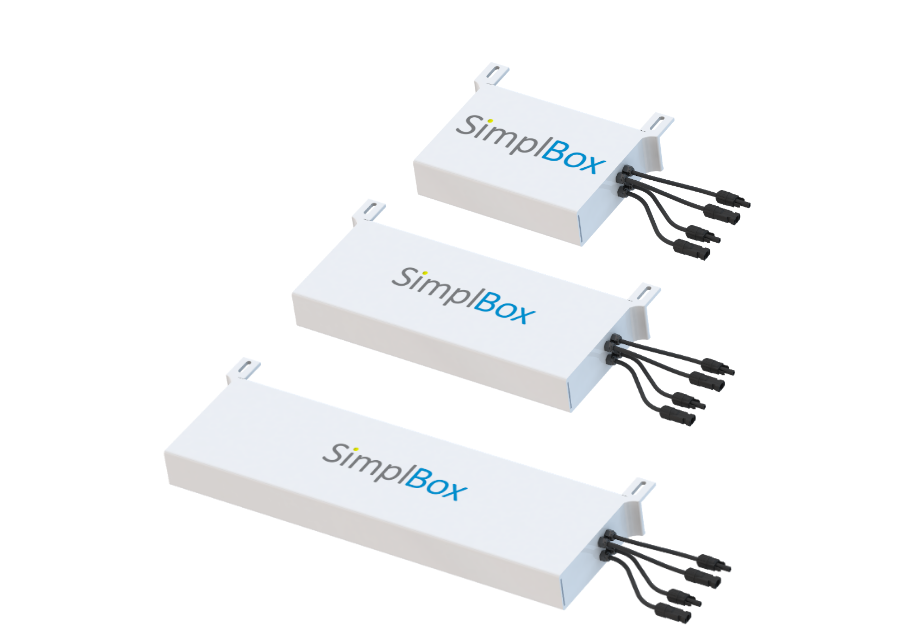
Over the past decade, rooftop solar has made a big impact on energy generation. Now, in California, energy can be “free” during the day when solar is abundant. That is one of the reasons you have seen CleanStart talk about storage so much. To battle, the BIG problem of Climate Change Utilities and new companies have been advancing storage solutions. One of those companies, Simpl Global, led by Farid Dibachi has developed a battery around the needs of rooftop solar consumers.
Farid Dibachi is a habitual entrepreneur and has been innovating to make storage simple, hence Simpl Global. Rooftop solar owners are conscious of their energy cost, and Utilities switching to Time of Use becomes a pain point. Dibachi saw solar customers getting hit twice with the shift to Time of Use. With their solar systems generating power 3 to 5 hours a day when prices are cheap, they get less for the electricity they generate and pay more for electricity when they are not generating.
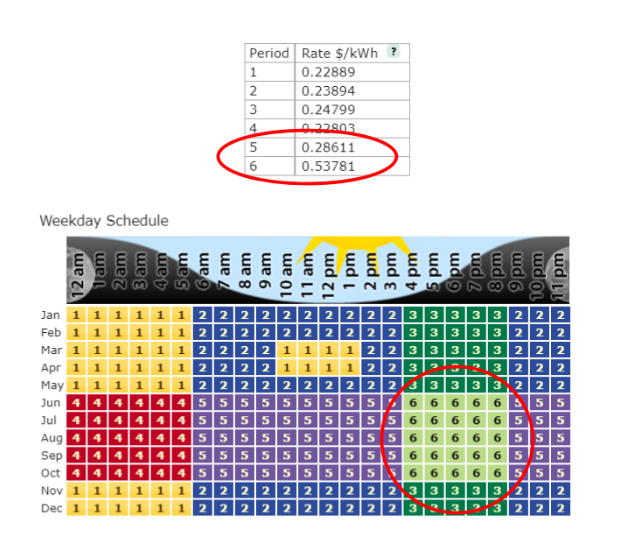
Residential consumers install solar because it made sense as a capital investment providing a return. Why batteries were not taking off as solar had is because the cost has typically been greater than the savings. With that in mind, Dibachi formed Simpl Global with engineers and entrepreneurs to tackle these challenges. They created the SimplBox with innovative technology in Impedance matching, IoT networked controls, and plastics engineered for thermally protecting the energy storage, with a simple design for easy install under a solar panel.
Their goal was to make a battery that was easy to install and use while being affordable. They have created SimplBox a safer lithium iron phosphate battery with a unique battery management system. Conventional battery storage systems for home PV require a number of individual devices to manage power flows. Farid and his team decided to make a battery that paired easily with rooftop solar and relied on clever electronics to replace many of the additional devices. What they have created is a smart battery that efficiently accepts and delivers power simultaneously.
Dibachi is particularly proud of the ease of installing and how their advancements in impedance matching have led to a battery management system with high efficiency that can just be plugged in. The system works like a series of valves efficiently accepting and delivering power simultaneously. Its efficacy and simplicity allow it to be modular, meaning expanding storage capacity is as easy as plugging-in another SimplBox and using off the shelf inverters for the systems connection to the grid. This is big, because of its versatility, but it also allows it to be small.
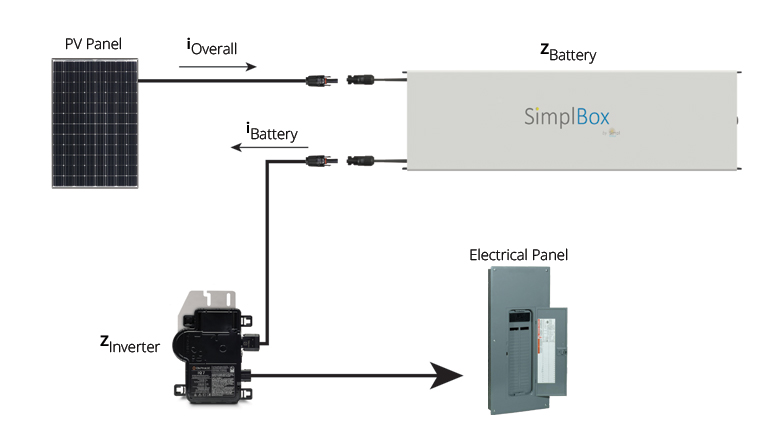
This versatility allows for the SimplBox to scale up for use in Utility Solar. It isn’t limited by the capacity of the SimplBox, because you can add more without having to change the battery management or specialized hardware. Being able to “just add more” is an advantage for utilities and solar power companies looking to make incremental changes.
In residential storage, LG and Tesla have developed storage options greater than 10 kwh. They make them large so they can support a larger solar system and capture the max power possible. In Sacramento, a solar system can easily fill an LG and Tesla Battery in the summer, but the average daily generation is ~6 kwh. That low generation with install cost batteries that size is cost-prohibitive to many, especially smaller urban systems. The SimplBox is made smaller and modular, with the idea that more solar customers can take advantage of it.
All of this addresses the pain points of residential consumers by giving them control and reducing the cost. Simpl Global plans on selling through existing solar installers and distributors this August after they complete their UL Certification in July.
Farid Dibachi spoke at our recent CleanTech Meetup on Simpl Energy. You can watch it here and read about the meetup here.
ABOUT THE AUTHOR
Thomas is the Executive Director of CleanStart. Thomas has a strong background in supporting small businesses, leadership, financial management and is proficient in working with nonprofits. He has a BS in Finance and a BA in Economics from California State University, Chico. Thomas has a passion for sustainability and a commitment to supporting non-profits in the region.




Weintraub | Tobin, Revrnt, Moss Adams, PowerSoft.biz, Greenberg Traurig

Our guest Richard “Dick” Flask is the founder and CEO of RAF Electronics, a 2019 CALSEED awardee pioneering new technologies to dramatically improve directional lighting by using non-imaging optics to produce high technology lighting. Dick will discuss share how they have leveraged the resources in California to grow their business.
The page you requested could not be found. Try refining your search, or use the navigation above to locate the post.

Weintraub | Tobin, EY, Stoel Rives,
Greenberg Traurig LLP, BlueTech Valley,
Buchalter, Moss Adams, PowerSoft.biz
College of Engineering & Computer Science
at Sacramento State
Follow us on Social Media to keep upto date!
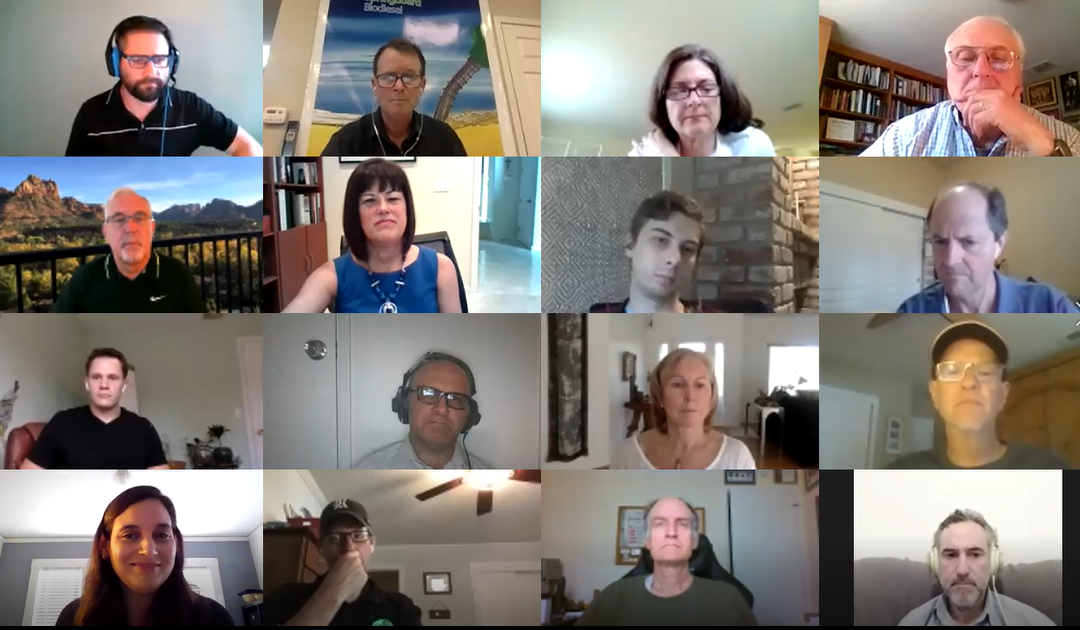
Last night (April 30) we turned our usual monthly MeetUp into a Zoominar. We didn’t know how that would work out, since one of the most attractive features of these meetings has been socializing and networking, not to mention the food! Maybe no surprise to you veterans of Zoom, but we had over 110 signups and most of those attended.
We put this meetup on in collaboration with our sister organization AgStart which has wonderful offices in downtown Woodland and plans to add wet lab space and more offices. Congratulations to John Selep and Leanna Sweha, and thanks for joining for this MeetUp.
The theme of the event was taking the pulse of the waste conversion companies in our region since we last heard from them. We had four presentations all of which produced some surprises. Prof. Farshid Zabihian updated us on the upgrades he has done on their small (20 kW) test bioreactor at Sac State. This is turning into a great teaching tool for his mechanical engineering students. They are getting into reaction kinetics, feedstock flow, more monitoring, and more controls. Pretty impressive what has been done in the past two years.
Michele Wong told us about the continuing plans of Clean World to add anaerobic digesters in the state, based on Prof. Ruihong Zhang’s two-reactor design out of UC Davis. Right now they are installing and upgrading systems in Southern California for Organic Energy Systems. The planned input is 200 tons per day—larger than they have attempted before. The most interesting point was that the unit has a liquid discharge which if untreated was resulting in huge sewerage charges. The plant in Sacramento was incurring a bill of $60,000 per month. Now CleanWorld is filtering the discharge and creating a “bio-ammonia” fertilizer product they can sell for a good price. That is what could markedly improve profitability. Way to adapt!
Matt Roberts of Springboard Biodiesel talked about their small cooking oil conversion units, which have now been sold not only in the US but overseas. Their idea is to make the units compatible putting them near sources of used vegetable oil, avoiding the cost of collecting the used oil and bringing it to a central location. Where is one of their most profitable installations? Bagram Air Base in Afghanistan. It is replacing conventional diesel that due to the cost of air shipping it in, or bringing it in armored convoys is hugely expensive. On a smaller scale, similar cost savings are driving much more customer interest. Matt said the estimated cost of a gallon of biodiesel from his unit was $1.06 per gallon. Compare that to the best recent price of diesel of $2.69 I have seen. They are gaining traction by word of mouth sales and doing pretty well for five guys in Chico.
Meredith Roberts of Sierra Energy told us that while things are relatively quiet now with the lockdown, Sierra achieved a big milestone in getting $33 million in funding in 2019. The hope was that would allow them to put the pilot unit at Fort Hunter Liggett into some long-term testing to see how the refractory lining held up under the high temps inside, among other things. Sadly, just as they were getting going on that, the virus struck. They are doing some testing and a little redesign at this point, but they have a clear path to customers, with thousands of serious buyers on tap, and progress to the design of their 50 ton per day first commercial unit.
While a virtual conference of dozens is not ideal for getting audience participation, we had a pretty good system of collecting questions in the chat space and relaying those to the presenters. Thomas also had a couple of surveys done on the fly to get some discussion among participants. Everything worked well we are sure to do this again while we remain sidelined. But all of us, including you, will be very glad to get back to doing these in person so we can mingle, eat, and drink like before.
But if you missed it, you can still watch it below!
Be sure to take a look at applying for our CEO Crash Course held in 8 two-hour sessions throughout June. It also will be virtual. We have an all-star line up of instructors and speakers. It’s free, but requires a refundable $200 deposit to hold your seat. Apply for your seat by filling out a short application telling us more about your concept and your company. Learn More and Apply Now!
Continue to join us for our weekly short “To-Do” sessions providing you quick insights on what others are doing and what else is happening in the clean tech community while we are at home. You can find out the schedule on our website and subscribing to our newsletter.

ABOUT THE AUTHOR
Gary Simon is the Chair of CleanStarts Board. A seasoned energy executive and entrepreneur with 45 years of experience in business, government, and non-profits.

Weintraub | Tobin, EY, Stoel Rives
BlueTech Valley, PowerSoft.biz
College of Engineering & Computer Science at Sacramento State